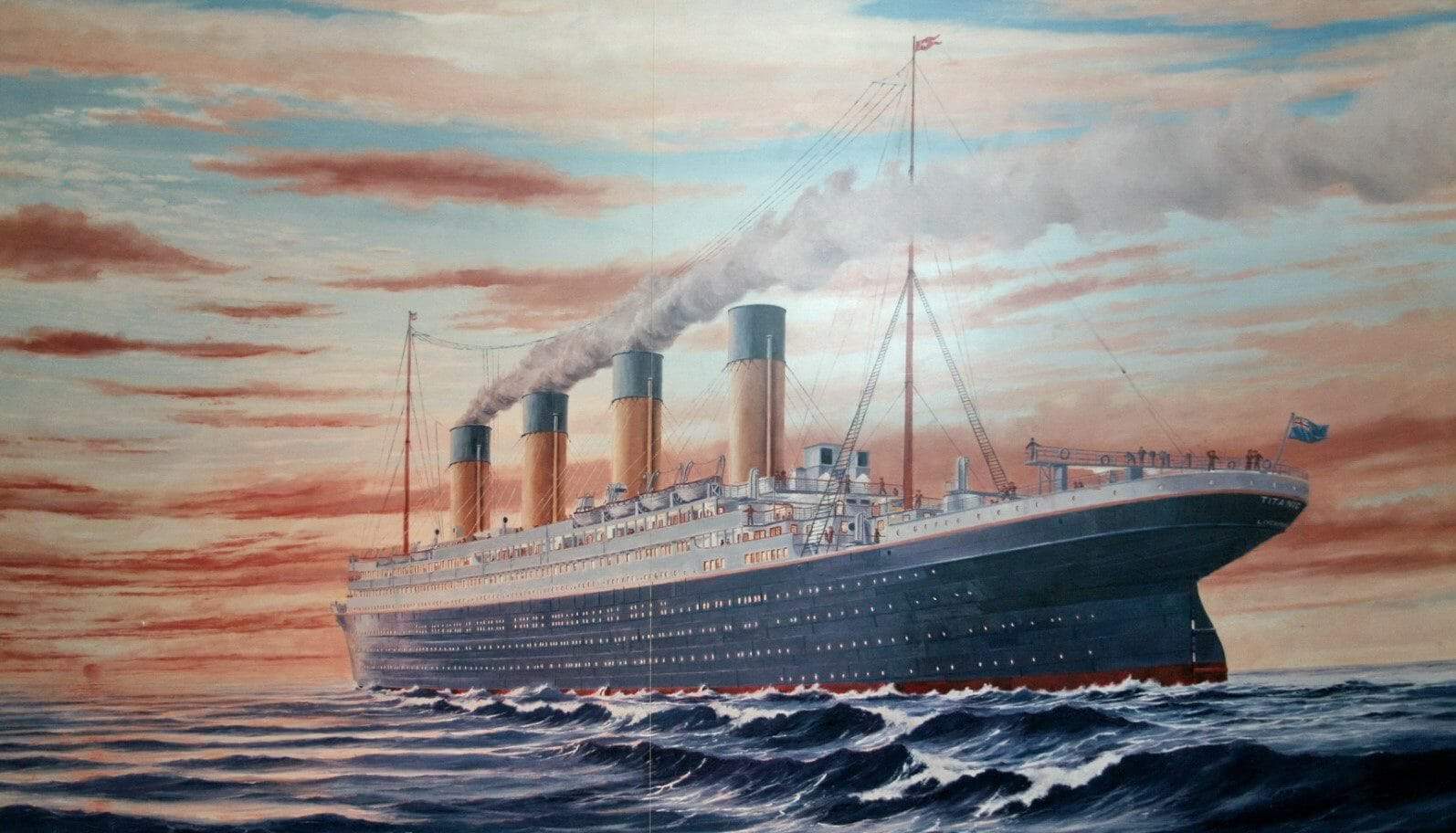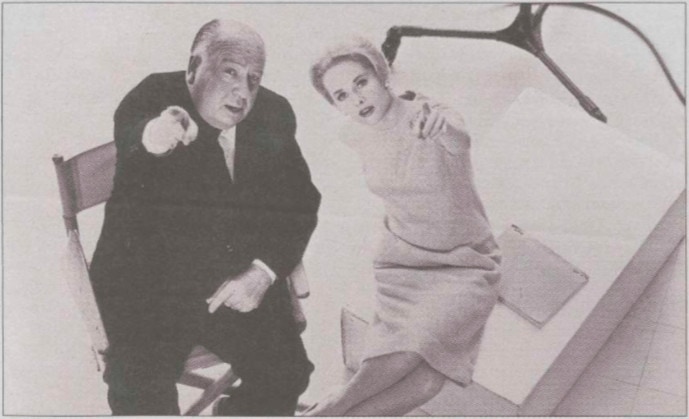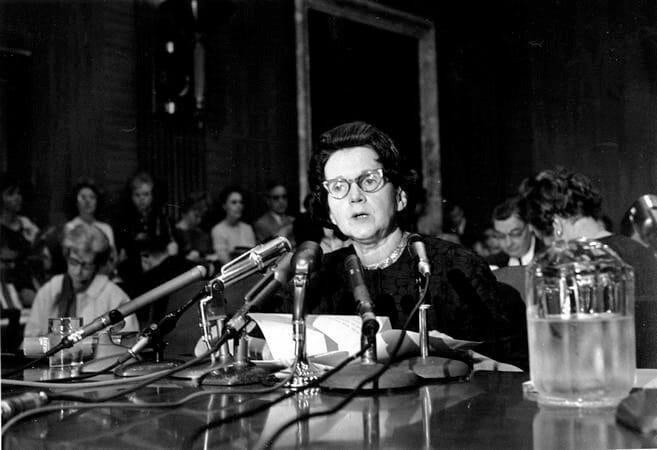│by Chloe Villalon, Gale Ambassador at the National University of Ireland Galway│
Often students such as myself have a broad idea of the topic they’re interested in, but they’re not sure which angle to take. In these cases it might be helpful to talk to a friend, professor or peer who may provide interesting insight or suggestions. Gale Primary Sources is also a great platform to find both ideas and articles – you can turn to it when you’re still looking for a topic or when you have a defined notion of what you’re looking for and want to dig deeper. In this blog post I will show you how you can use different tools to go from having a vague topic, to developing an angle, to writing a narrative or argument.


![“Pop Career for Noddy." News Review. Sunday Times, 16 Nov. 2003, p. 14[S3]. The Sunday Times Digital Archive, http://link.galegroup.com/apps/doc/FP1803638499/GDCS?u=webdemo&sid=GDCS&xid=141de559](https://review.gale.com/wp-content/uploads/2019/06/main-image.png)



